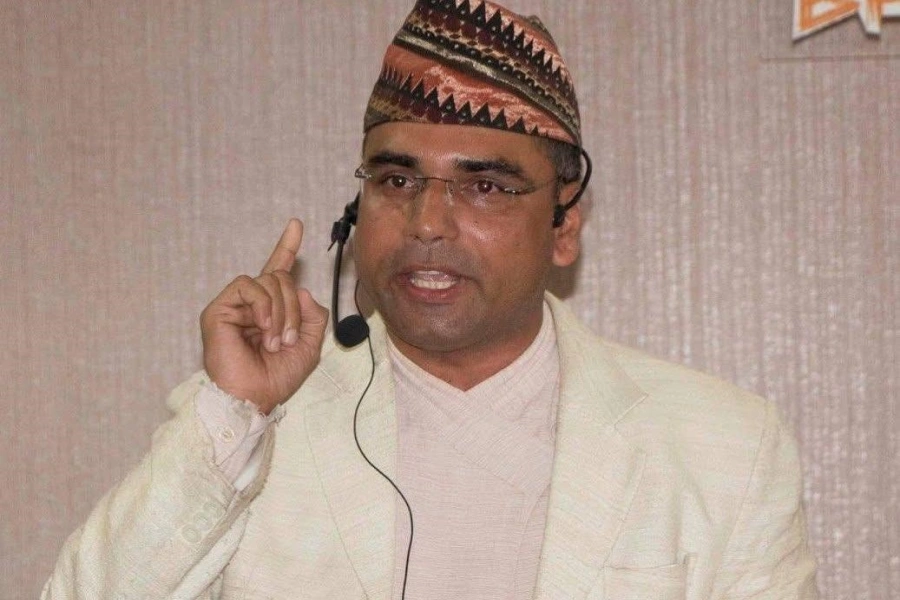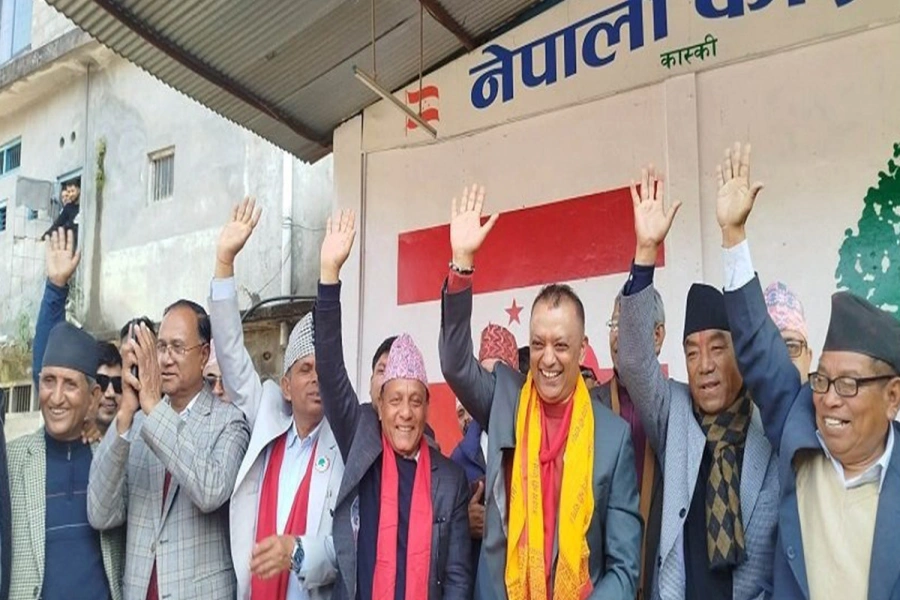KATHMANDU, March 31: UNFPA Nepal, in collaboration with the Ministry of Health and Population, Google, UNFPA’s Information Technology Services Office (ITSO) and with support from the British Embassy Kathmandu, launched an AI-driven data analysis system in the capital on Monday. The event, attended by key stakeholders from government, development partners, and the private sector, showcased the system’s potential to revolutionize data analysis and reporting in Nepal.
Titled “Unlocking Data with AI: Leveraging AI for Data Analysis and Reporting,” the event introduced a pioneering AI-powered tool capable of generating statistics, graphs, tables, and reports from complex datasets in real time through simple user queries. The pilot system utilized data from the Nepal Demographic and Health Survey 2022, demonstrating its real-world application. At its core, the system features a domain-aware semantic query engine, enabling it to understand user queries within specific fields of knowledge.
UNFPA Nepal Country Representative Won Young Hong emphasized AI’s transformative potential in streamlining survey processes and report generation. “AI can make data collection and analysis more timely, efficient, and accurate. It will enable the government to release analytical reports faster, enhancing responsiveness and cost-effectiveness—critical in today's financial landscape. We are grateful to the British Embassy in Nepal for its forward-thinking partnership in driving this progress,” she said.
ICC T20 World Cup: England set Nepal a challenging 185-run targ...

British Ambassador to Nepal Robert Dominic Russell Fenn underscored the initiative’s significance. “By making data more accessible, timely, and actionable through AI, this project exemplifies how innovation can enhance evidence-based policymaking and bridge the gap between institutions and individuals,” he remarked.
Dr. Bikash Devkota, Secretary at the Ministry of Health and Population, highlighted AI’s role in addressing capacity gaps in data analysis. “AI opens new frontiers for our public institutions, enabling faster and smarter decision-making based on real-time evidence,” he noted.
The event featured a live demonstration of the AI system and discussions on integrating it within Nepal’s government data systems. With over 150 participants, including senior representatives from multiple ministries, UN agencies, academia, the private sector, tech firms, and media outlets, the event underscored AI’s growing role in governance and development.
This initiative is expected to foster future partnerships for expanding AI-driven tools across additional sectors and datasets, advancing Nepal’s data-driven decision-making capabilities. The project aligns with global efforts to harness AI for impactful and efficient development solutions.








































